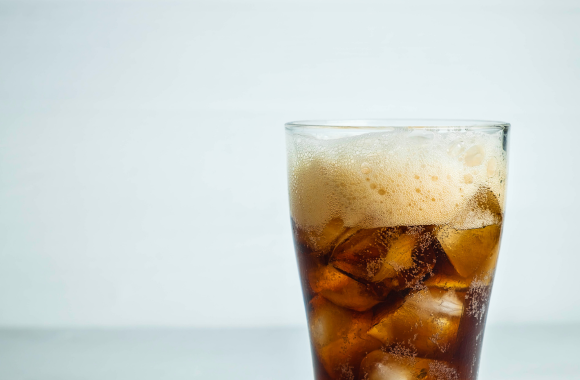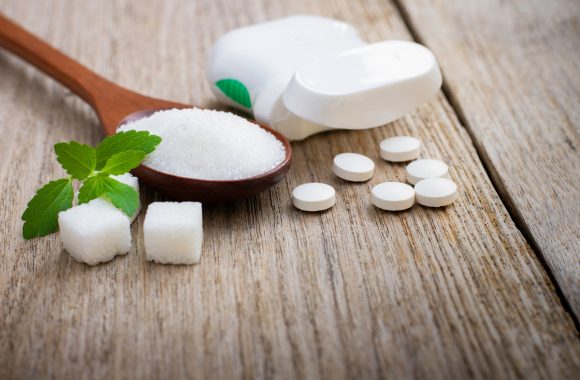
In the fast-paced world of soft drinks, innovation is happening at an unprecedented pace. The quest for healthier choices has propelled sugar reduction to the forefront of beverage development, reshaping both carbonated and non-carbonated segments. Below we look at the impact of these changes.
The sweet balancing act
Consumers are increasingly scrutinising labels, seeking lower sugar options without compromising on taste. This shift, coupled with sugar taxes and government policies aimed at reducing sugar consumption, is driving brands to rethink their formulations. The challenge? Balancing health-conscious appeal with the sensory pleasure of a perfectly sweetened drink
For carbonated soft drinks:
Traditionally known for their high sugar content, carbonated soft drinks are undergoing a bit of a renaissance.
Natural Sweeteners: Stevia and monk fruit are emerging as go-to ingredients. These plant-dervived sweeteners offer a clean, natural profile whilst delivering the sweetness consumers crave with minimal calories.
Hybrid formulations: Some brands are experimenting with blends of sugar and alternative sweeteners to achieve a seamless taste transition. These hybrid formulations aim to reduce sugar content without alienating loyal drinkers.
Flavour innovation: From exotic fruit fusions to herbal infusions, unique flavours are helping to divert attention from reduced sugar levels, proving that excitement and indulgence can coexist.
Non-carbonated beverages:
In the realm of juices, teas, and flavoured waters, sugar reduction trends take a slightly different path:
Dilution strategies: Juices are being reformulated with higher water content, creating lighter beverages that still pack a flavourful punch.
Functional additions: Ingredients like adaptogens, botanicals, and vitamins are being incorporated to enhance perceived health benefits while reducing reliance on sweetness.
Minimalist labels: Non-carbonated drinks often highlight their “no added sugar” or “low-calorie” claims, leveraging transparency to build trust.
The role of technology and flavour crafting
Behind the scenes, technology and flavour science are pivotal. Advanced sweetening systems, such as rare sugars and fermentation-derived sweeteners, are being fine-tuned to mimic the complexity of sugar. Additionally, flavour houses are crafting taste modulators that enhance sweetness perception without the caloric load.
Consumer education:
Consumers are the driving force behind sugar-reduced beverages, with their demand for healthier options pushing brands to innovate. By responding to these preferences and clearly communicating product benefits, companies can build brand trust and loyalty.
A healthier, tastier future
The sugar reduction trend is not just about cutting calories; it’s about creating beverages that align with modern lifestyles and values and meeting consumer demands. Whether it’s a fizzy soda with a fraction of the sugar or a botanical-infused tea that skips the sweetness, the future of soft drinks is going to be very interesting.
Here at TasteAlchemy, we’re fascinated by how science, artistry, and consumer insights converge to redefine refreshment. As the industry continues to innovate, one thing is clear: sugar reduction is not a fleeting fad—it’s a cornerstone of the next generation of beverages.
Our FMPs
Our range of FMPs counteracts the off-notes of soft drinks sweetened with non-sugar options including Stevia. They work equally well with carbonated and non-carbonated beverages, as well as acidulated and non-acidulated beverages, including energy drinks. Our ongoing research suggests that the TasteMod2 range may very well work with alcoholic and low- or no-alcohol drinks – but further investigation is required, so watch this space!
Discover more, download our brochure
Alternatively feel free to drop us an email us at hello@tastealchemy.com or call us on 0113 465 4601 to find out how we can help your drinks taste better.

